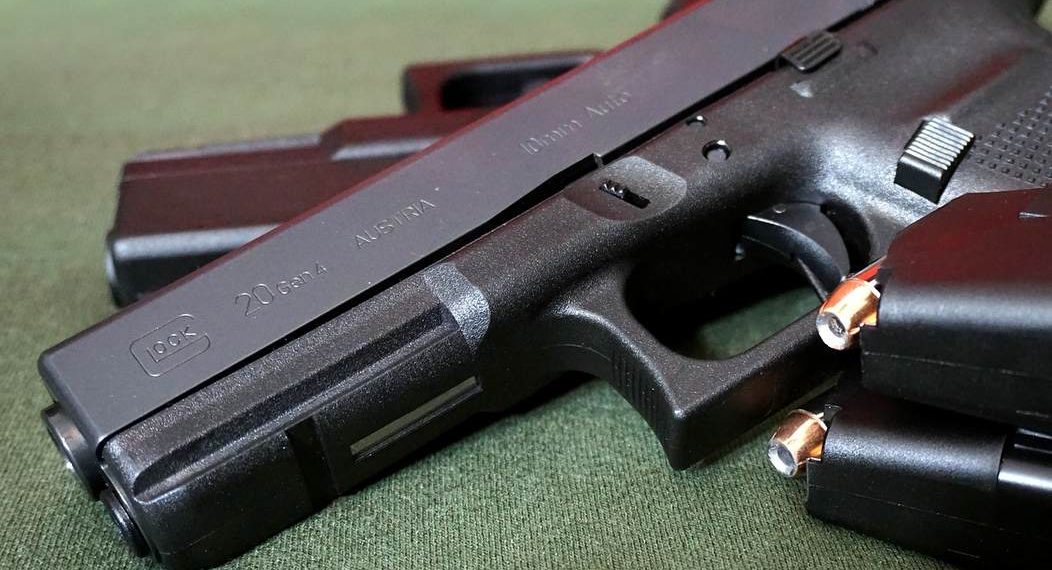That’s the question presented to a three-judge panel on the Fourth Circuit Court of Appeals on Thursday by a West Virginian seeking to have his rights restored after being involuntarily committed to a mental institution on four separate occasions.
James Gould is bringing a facial challenge to 18 U.S.C. § 922(g)(4), which bars firearm possession by anyone who’s been adjudicated as a “mental defective” or who’s been “committed to a mental institution”. That doesn’t apply to those who’ve voluntarily sought mental health treatment in either an inpatient or outpatient setting, but anyone who’s ever been committed by a court, board, commission, or other lawful authority essentially loses their Second Amendment rights forever, even if their underlying illness is treated, unless they can receive relief from their federal firearm disability through federal or state programs that meet the requirements of the NICS Improvement Act of 2007.
The problem is that the federal relief program has been unfunded by Congress for decades, and there are only 33 states that have their own disability relief programs, so depending on where someone lives it may be impossible for them to ever have their rights restored.
Gould is hoping to change that, arguing the statute violates the Second Amendment’s protections.
Chief U.S. Circuit Judge Albert Diaz, a Barack Obama appointee, questioned whether an as-applied challenge is a better vehicle for Gould. Unlike in an as-applied challenge, where the judges consider the specifics of the challenger’s case, to successfully challenge a law on its face the challenger must show that it is unconstitutional in all applications.
“You seem to be toggling back and forth between an as-applied and facial challenge,” Diaz told public defender Lex Coleman, representing Gould. “The question is, is this statute in its most extreme or most favorable application by the government constitutional, notwithstanding that there might be nuances.”
Gould claims the sweeping prohibition doesn’t allow for the possibility that those involuntarily committed can recover from their mental illness.
“That someone is deprived of a gun while they’re under a commitment order and in a mental hospital, well, that makes plenty of sense,” Coleman said. “That order doesn’t end until someone is deemed to no longer be a danger to themselves and the community, and yet we are depriving them lifelong.”
It doesn’t make a whole lot of sense that someone who checks themselves into a mental health facility to get treatment can purchase a firearm as soon as they’re released, but someone who was involuntarily committed is considered dangerous for the rest of their life, even if they’ve been successfully treated. […]
— Read More: bearingarms.com

It’s becoming increasingly clear that fiat currencies across the globe, including the U.S. Dollar, are under attack. Paper money is losing its value, translating into insane inflation and less value in our life’s savings.
Genesis Gold Group believes physical precious metals are an amazing option for those seeking to move their wealth or retirement to higher ground. Whether Central Bank Digital Currencies replace current fiat currencies or not, precious metals are poised to retain or even increase in value. This is why central banks and mega-asset managers like BlackRock are moving much of their holdings to precious metals.
As a Christian company, Genesis Gold Group has maintained a perfect 5 out of 5 rating with the Better Business Bureau. Their faith-driven values allow them to help Americans protect their life’s savings without the gimmicks used by most precious metals companies. Reach out to them today to see how they can streamline the rollover or transfer of your current and previous retirement accounts.


